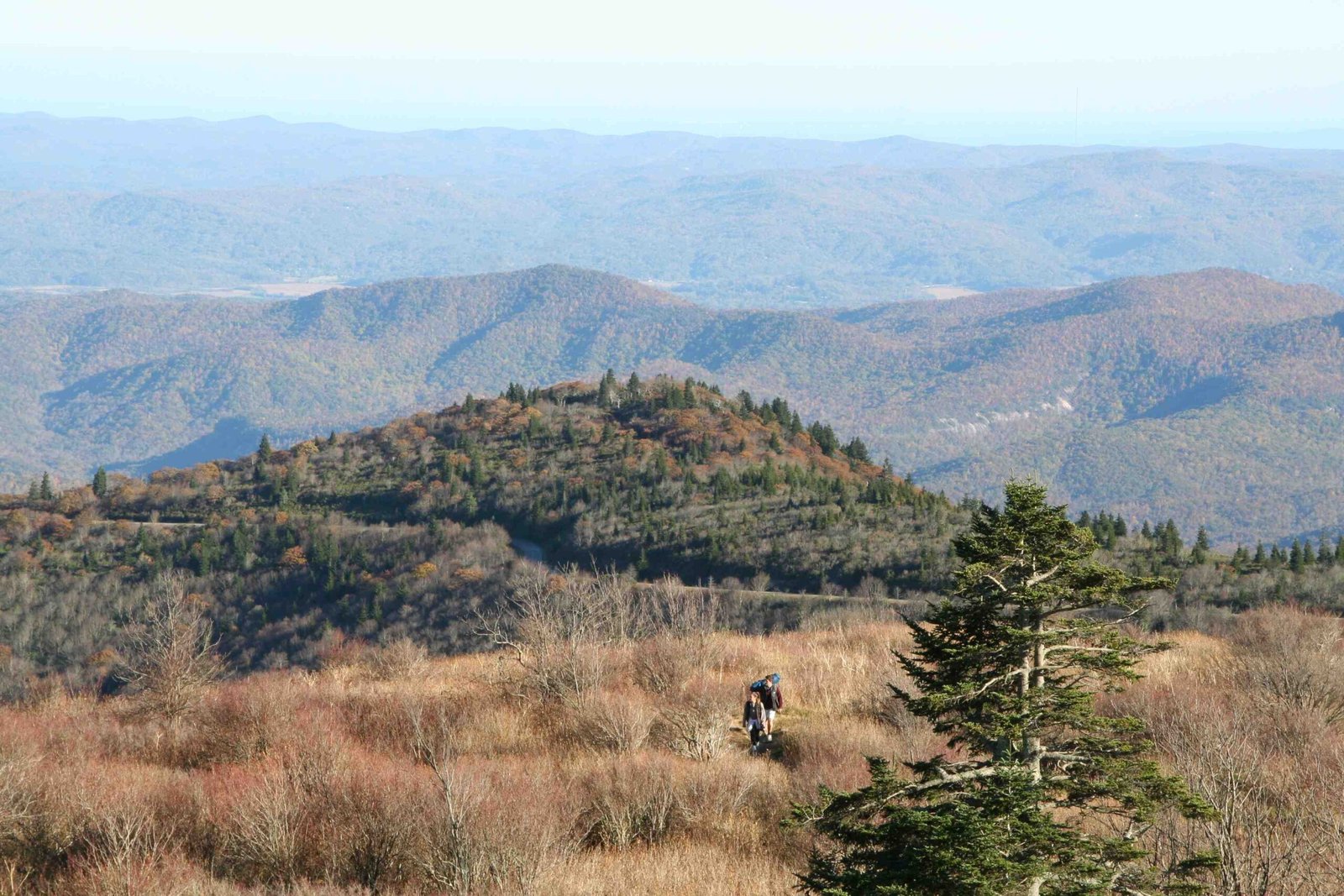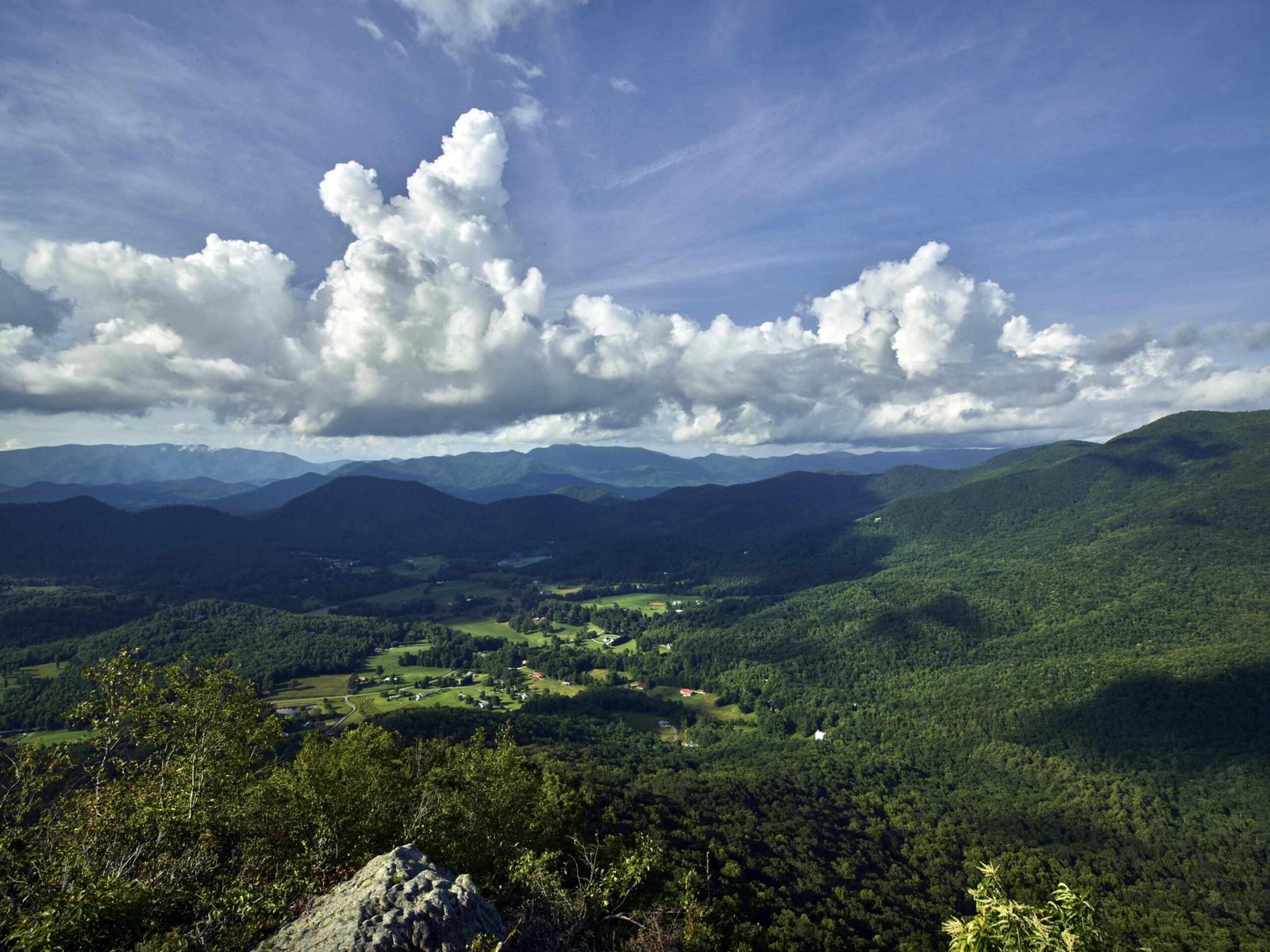The Appalachian Trail winds through a landscape rich with supernatural history, where ancient mountains harbor dark secrets and ghostly encounters. From abandoned asylums to haunted roads, these 2,190 miles of wilderness conceal a tapestry of paranormal experiences that have captivated hikers, investigators, and local folklore for generations, revealing a spectral world that exists just beyond the hiking path.
What Makes the Appalachian Trail a Paranormal Hotspot?

The Appalachian Mountains have long been a nexus of supernatural activity, with their deep forests, historical battlegrounds, and isolated locations creating perfect conditions for ghostly encounters. Several factors contribute to the trail’s paranormal reputation:
Historical Trauma
- Civil War battlefields
- Abandoned mental institutions
- Ancient Native American burial grounds
- Isolated mountain communities with generational stories
Geographical Characteristics
- Dense forest coverage
- Mountainous terrain
- Limited human infrastructure
- Significant elevation changes
Where Are the Most Haunted Locations?

Original author: User:Ken_Thomas, licensed under CC0
| Location | Paranormal Intensity | Notable Phenomena |
|---|---|---|
| West Virginia Penitentiary | High | Apparitions, unexplained sounds |
| Trans-Allegheny Lunatic Asylum | Very High | Full-body manifestations |
| Shades of Death Road | Moderate | Ghost sightings, strange encounters |
| Nickerson Snead House | High | Multiple entity interactions |
Who Haunts the Appalachian Trail?
Legendary Entities
- Snarly Yow Beast
- Wolf-like creature
- Primarily reported in West Virginia
-
Associated with mysterious howls
-
Mountain Spirits
- Native American ancestral spirits
- Protective and vengeful manifestations
- Connected to sacred mountain locations
How Do Hikers Experience Paranormal Encounters?
Paranormal experiences along the Appalachian Trail typically manifest through:
– Unexplained temperature drops
– Ghostly apparitions
– Disembodied voices
– Sudden equipment malfunctions
– Intense emotional sensations
Documented Paranormal Evidence
Investigators have collected various forms of evidence, including:
– Electronic Voice Phenomena (EVP)
– Infrared photography
– Electromagnetic field (EMF) readings
– Eyewitness testimonies
What Precautions Should Hikers Take?
Safety Recommendations
- Carry communication devices
- Travel in groups
- Research location history
- Respect local folklore
- Maintain situational awareness
Supernatural Research Opportunities
Ghost Investigation Tours
- Trans-Allegheny Lunatic Asylum Tours
- Guided Paranormal Expeditions
- Historical Ghost Walking Tours
Cultural Significance
The Appalachian Trail’s ghost stories represent more than mere supernatural tales. They embody:
– Regional historical preservation
– Cultural storytelling traditions
– Collective memory of mountain communities
Psychological Perspectives
Paranormal experiences often reflect:
– Landscape-induced psychological states
– Cultural narrative frameworks
– Human interpretation of unknown phenomena
Scientific Considerations
While scientific consensus remains skeptical, researchers continue investigating:
– Geological electromagnetic influences
– Psychological perception mechanisms
– Environmental anomaly documentation
Preservation of Supernatural Narratives
Local historical societies and paranormal research groups actively document and preserve these supernatural encounters, ensuring these stories remain part of Appalachian cultural heritage.
Recommended Equipment for Ghost Hunters
- Digital voice recorders
- Full-spectrum cameras
- EMF meters
- Thermal imaging devices
- Protective spiritual artifacts
Final Thoughts
Appalachian Trail ghosts represent a complex intersection of history, geography, and human experience. Whether viewed through supernatural, psychological, or historical lenses, these encounters continue to fascinate and challenge our understanding of reality.

